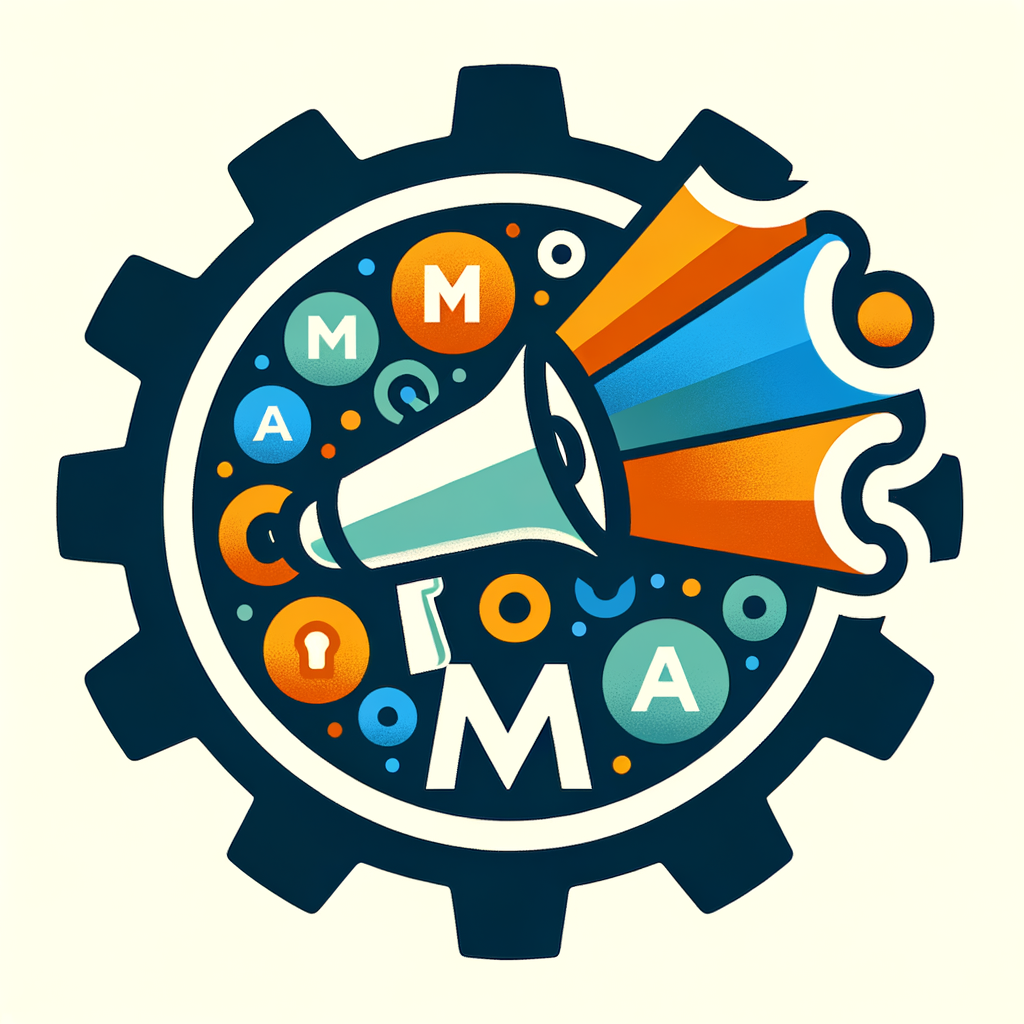How can businesses leverage marketing automation to streamline their event marketing and promotional efforts?
Marketing automation refers to the use of software and technology to automate repetitive marketing tasks and workflows. It enables businesses to nurture leads, personalize customer experiences, and measure the impact of their marketing campaigns more efficiently. In the context of event marketing and promotions, marketing automation can be a powerful tool for attracting attendees, engaging participants, and maximizing the impact of events.
Key Takeaways
- Marketing automation streamlines event promotion and attendee engagement processes.
- Automated email campaigns can nurture leads and provide personalized event information.
- Social media integration and targeted advertising enhance event visibility and reach.
- Lead scoring and segmentation enable targeted event promotions and follow-ups.
- Post-event analytics and reporting help measure event success and inform future strategies.
Definition of Marketing Automation
Marketing automation is the use of software and technology to automate and streamline various marketing processes and tasks. It involves leveraging tools and platforms to automate repetitive tasks, personalize customer experiences, and measure the effectiveness of marketing campaigns. By automating these processes, businesses can save time, improve efficiency, and deliver more targeted and personalized marketing efforts.
Event Promotion and Lead Generation
One of the primary applications of marketing automation in event marketing is promoting events and generating leads. Automated email campaigns can be set up to nurture potential attendees with relevant information, early bird discounts, and registration reminders. These campaigns can be triggered by specific actions, such as website visits or form submissions, ensuring that the right message reaches the right audience at the right time.
Social Media Integration
Marketing automation platforms often integrate with social media channels, allowing businesses to schedule and publish event-related content across multiple platforms. This integration ensures consistent messaging and maximizes the reach of event promotions. Additionally, social media advertising can be automated and targeted to specific audiences based on their interests, demographics, and behaviors, increasing the likelihood of attracting relevant attendees.
Lead Scoring and Segmentation
Marketing automation tools enable businesses to score and segment leads based on their engagement levels and behaviors. This allows event organizers to prioritize and focus their promotional efforts on the most promising leads. By segmenting attendees based on their interests, job roles, or other criteria, businesses can deliver personalized event information and targeted promotions, increasing the chances of conversion and attendance.
Attendee Engagement and Communication
Marketing automation can also facilitate attendee engagement and communication before, during, and after an event. Automated reminders, updates, and surveys can be sent to registered attendees, keeping them informed and engaged throughout the event lifecycle. Additionally, personalized follow-up campaigns can be triggered based on attendee behavior and interactions, ensuring that valuable leads are nurtured and potential opportunities are not missed.
Event Analytics and Reporting
Marketing automation platforms provide comprehensive analytics and reporting capabilities, allowing event organizers to track and measure the success of their promotional efforts. Key metrics such as email open rates, click-through rates, website traffic, and lead conversions can be monitored in real-time. This data can be used to optimize ongoing campaigns and inform future event marketing strategies.
Integration with Other Systems
Many marketing automation platforms offer integration capabilities with other systems, such as customer relationship management (CRM) software, event management platforms, and web analytics tools. This integration enables a seamless flow of data and information, ensuring that all relevant stakeholders have access to the necessary information and can collaborate effectively throughout the event lifecycle.
In conclusion, marketing automation is a powerful tool for businesses looking to streamline their event marketing and promotional efforts. By leveraging automated processes, personalized communication, and data-driven insights, businesses can effectively promote their events, engage attendees, and measure the success of their campaigns. However, it’s important to remember that marketing automation should complement, not replace, human interaction and creativity in event marketing. Striking the right balance between automation and personal touch is key to delivering exceptional event experiences.
To fully harness the potential of marketing automation for event marketing and promotions, businesses should explore various marketing automation platforms, integrate them with their existing systems, and continuously optimize their strategies based on data-driven insights. By doing so, they can stay ahead of the competition and deliver unforgettable event experiences that resonate with their target audiences.

